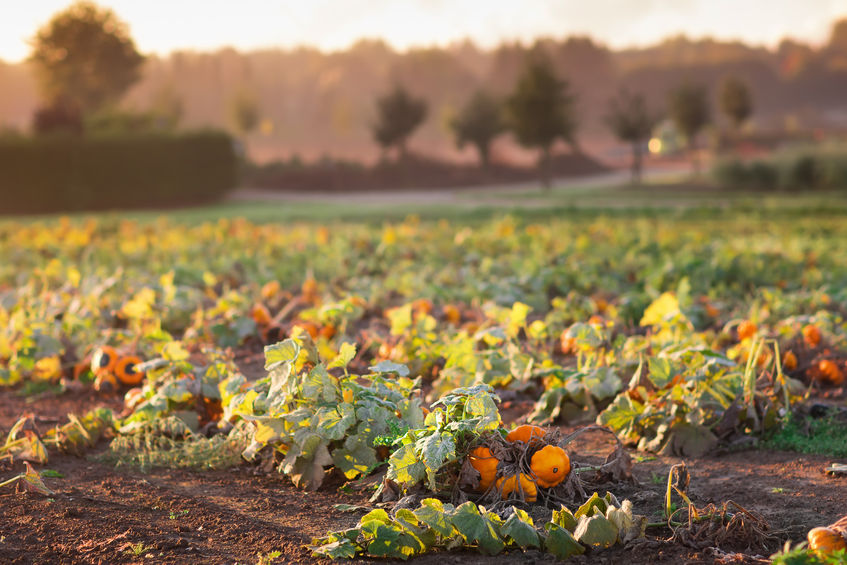
From pumpkin picking to Farmageddon, enterprising farmers have capitalised on the US-influenced appetite for all things Halloween – and are reaping the rewards.
"While farmers continue to struggle to profit from traditional farming practices alone, more and more are looking to diversify,”"says James Barker, Associate Solicitor at leading law firm Kirwans.
"Halloween offers the perfect opportunity for those who want to dip their toe in the water to create Halloween-related events at their farm without committing themselves fully to year-round activity.
"Whether it’s spooky fun days, pumpkin festivals, or ‘fright night’-type activities, there are lots of ways to explore new opportunities around Halloween.
"However, even farmers staging a one-off event have a responsibility to ensure that the public remain safe, so they should seek specialist advice to make sure that they have the necessary legal and insurance documents in place."
Here, James lists his top tips for famers hoping to reap the Halloween harvest.
1) Ensure your premises are safe
Under the Occupiers’ Liability Act 1957 the landowner has a duty to make sure visitors which they invite upon the premises are reasonably safe.
If, for example, a visitor slipped on water in a food area in the farm and the farmer had not implemented a reasonable system of inspection of cleaning (e.g. hourly cleaning rotas), then they would be held liable.
Carry out risk assessments, implement a regular system of cleaning and inspection, and educate your staff about the importance of sticking to a strict cleaning routine to reduce the risk of injury or food poisoning to the lowest level possible.
2) Do your homework before offering catering
Providing refreshments and meals can provide a good additional stream of income, but you must register with your council who will need to inspect and approve the premises before you can go ahead.
Failure to do so is classed as a criminal offence which can result in prosecution, so put this at the top of your ‘to do’ list.
3) Check that you have the relevant insurance
As well as the usual buildings and contents insurance, you should consider public liability, product liability, and employer’s liability insurance (necessary to cover even family members who help out on a casual basis).
4) Provide staff training
No matter how diligent your staff are, they will need to be given relevant training if they are to take on new roles during this period.
Make sure you put the proper training in place to give them the tools that they’ll need to carry out the work.
This is particularly important if food and drink is to be served as part of your new business venture, as there are a number of health and safety issues that anyone providing catering needs to be aware of.
5) Review staff contracts
Your staff may also need new employment contracts to take into account this added element to their roles. Seek advice from an employment solicitor to make sure you meet all employment requirements.
6) Make sure the landowner is happy
If you’re a tenant farmer, discuss your plans with the landowner and check your tenancy agreement.
In most cases, diversified uses shouldn’t be a problem; however, it is important to make sure that it is allowed as a change of use of the land can sometimes have inheritance implications for the landowner.
If you happen to be the landowner, hold frank and open discussions with your tenant from the start, and keep your insurer in the loop, to ensure that everyone is comfortable with the direction in which the new business is heading.
7) Ensure you abide by the regulations of your new sector
Each sector is governed by their own regulations, and it is crucial that you can demonstrate an adherence to them.
Check which ones apply to your new revenue stream now to ensure you’re not penalised later.
